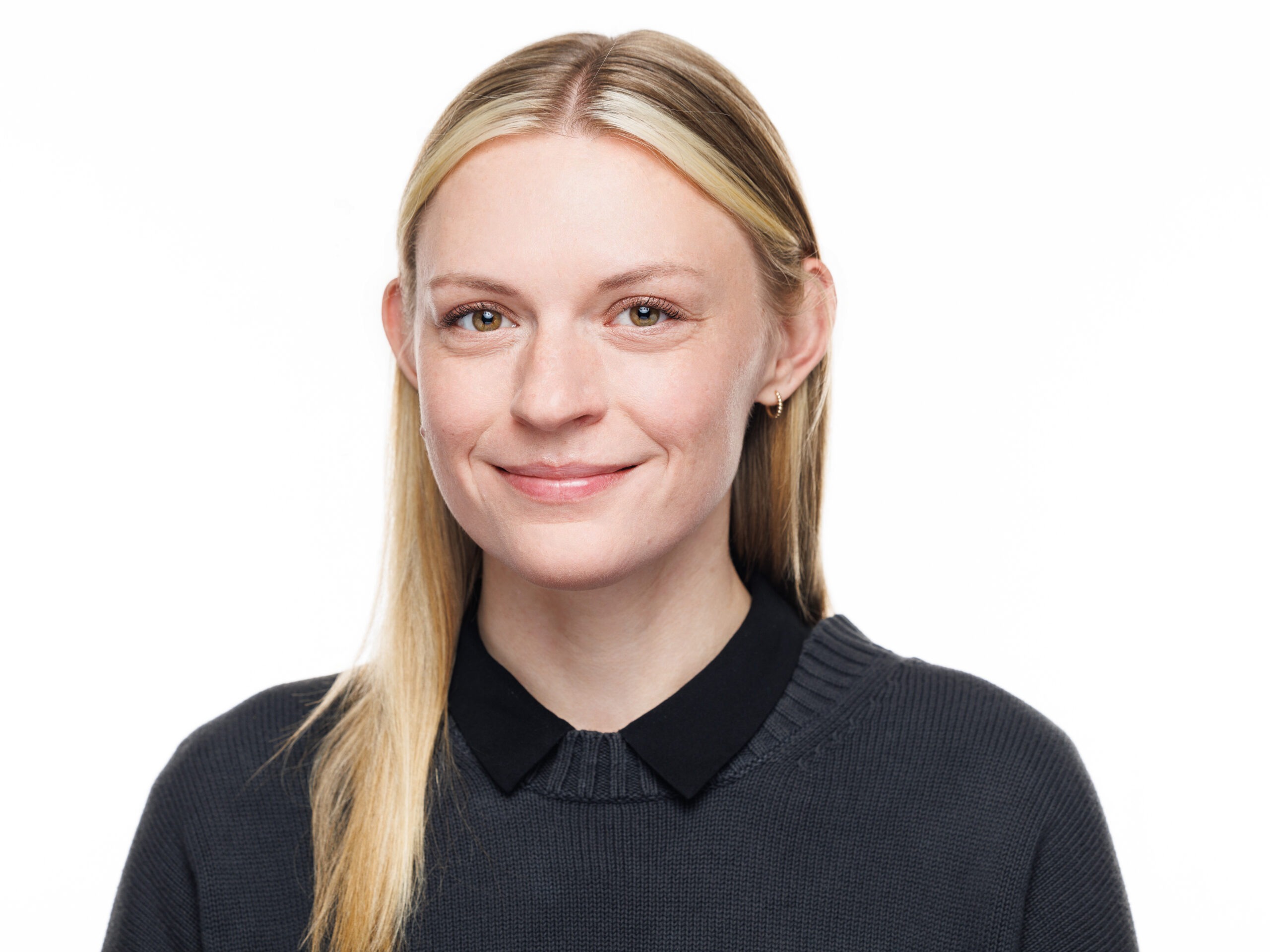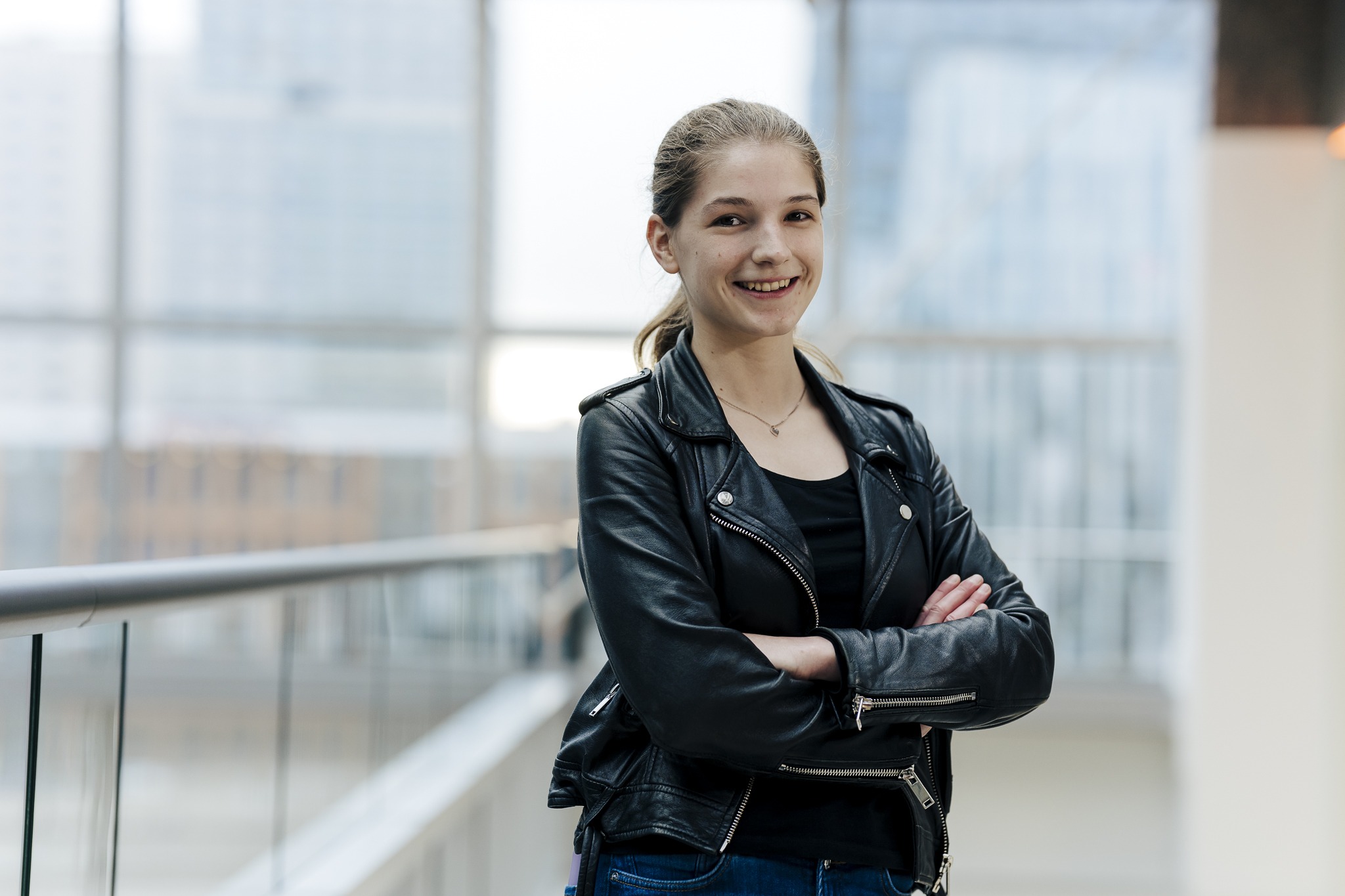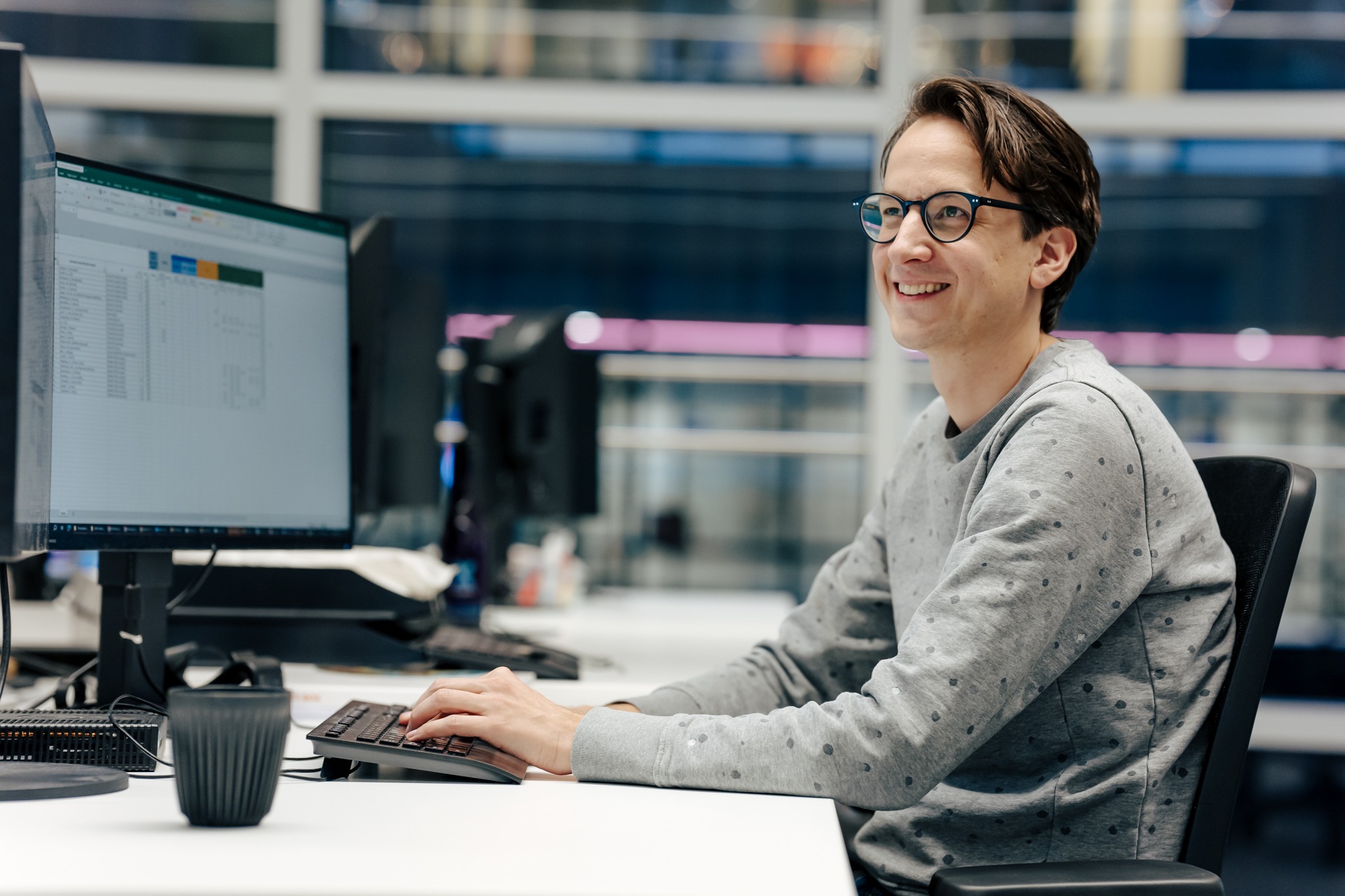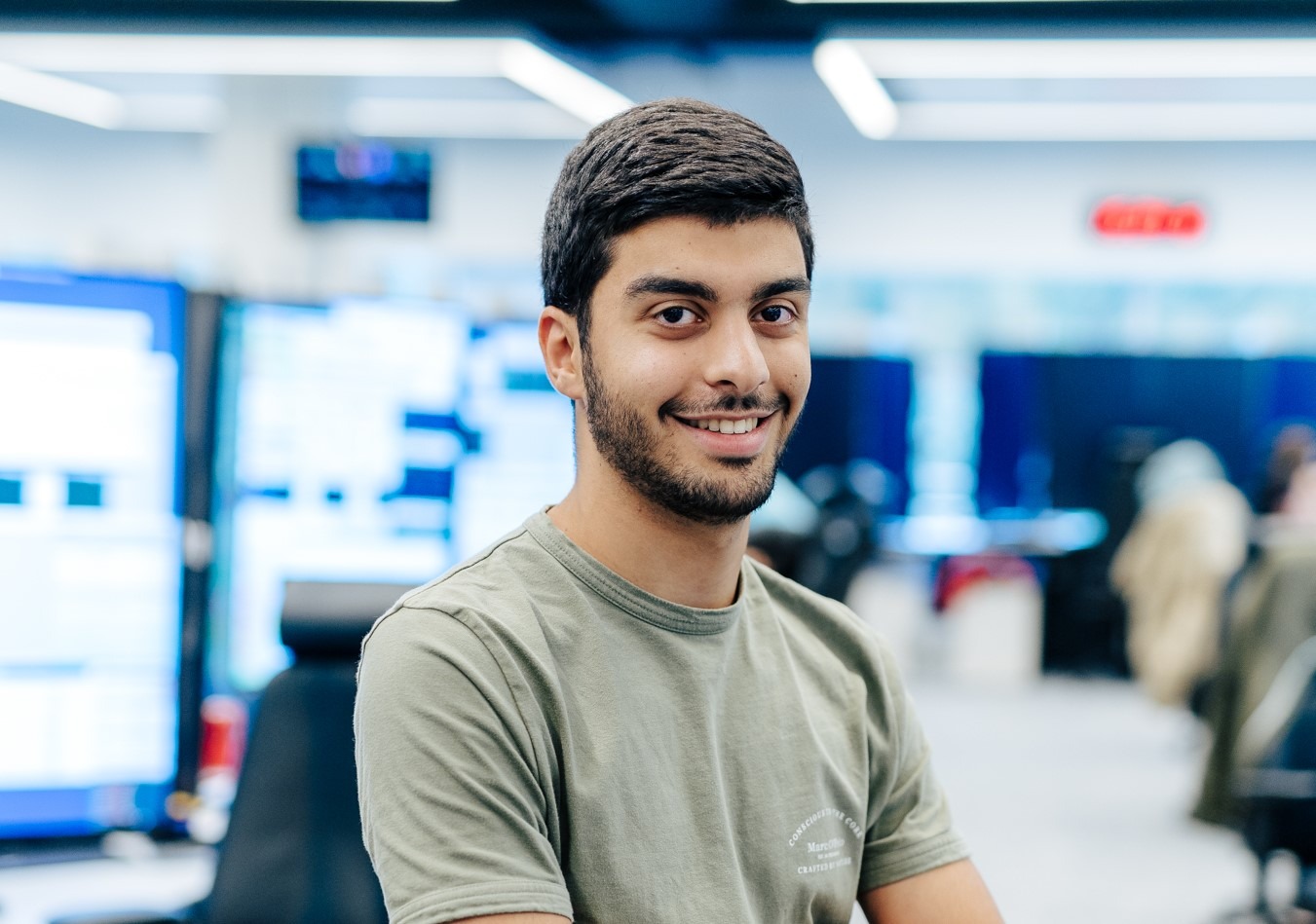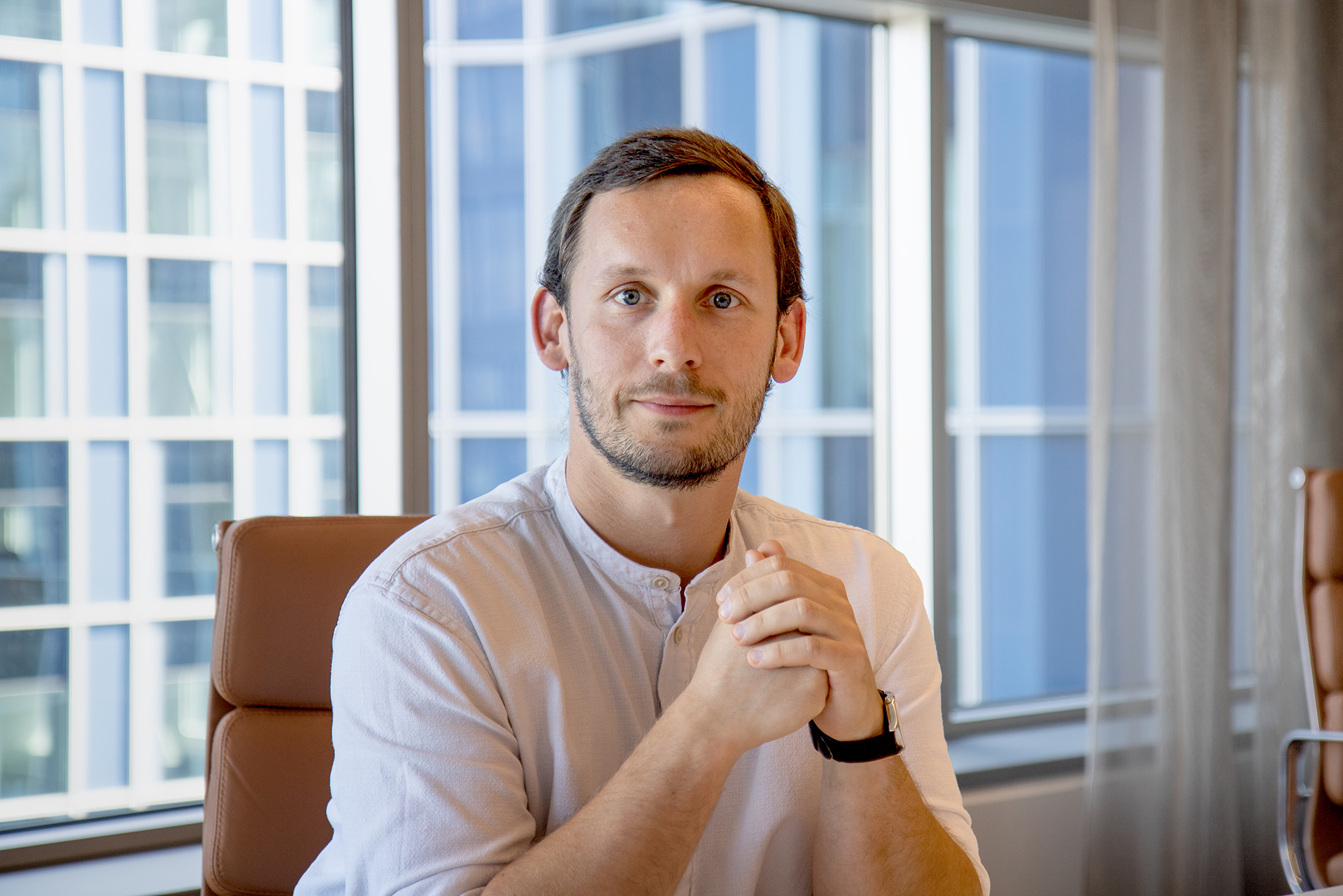From maths to trading: Leon’s journey through the Global Optiver Academy
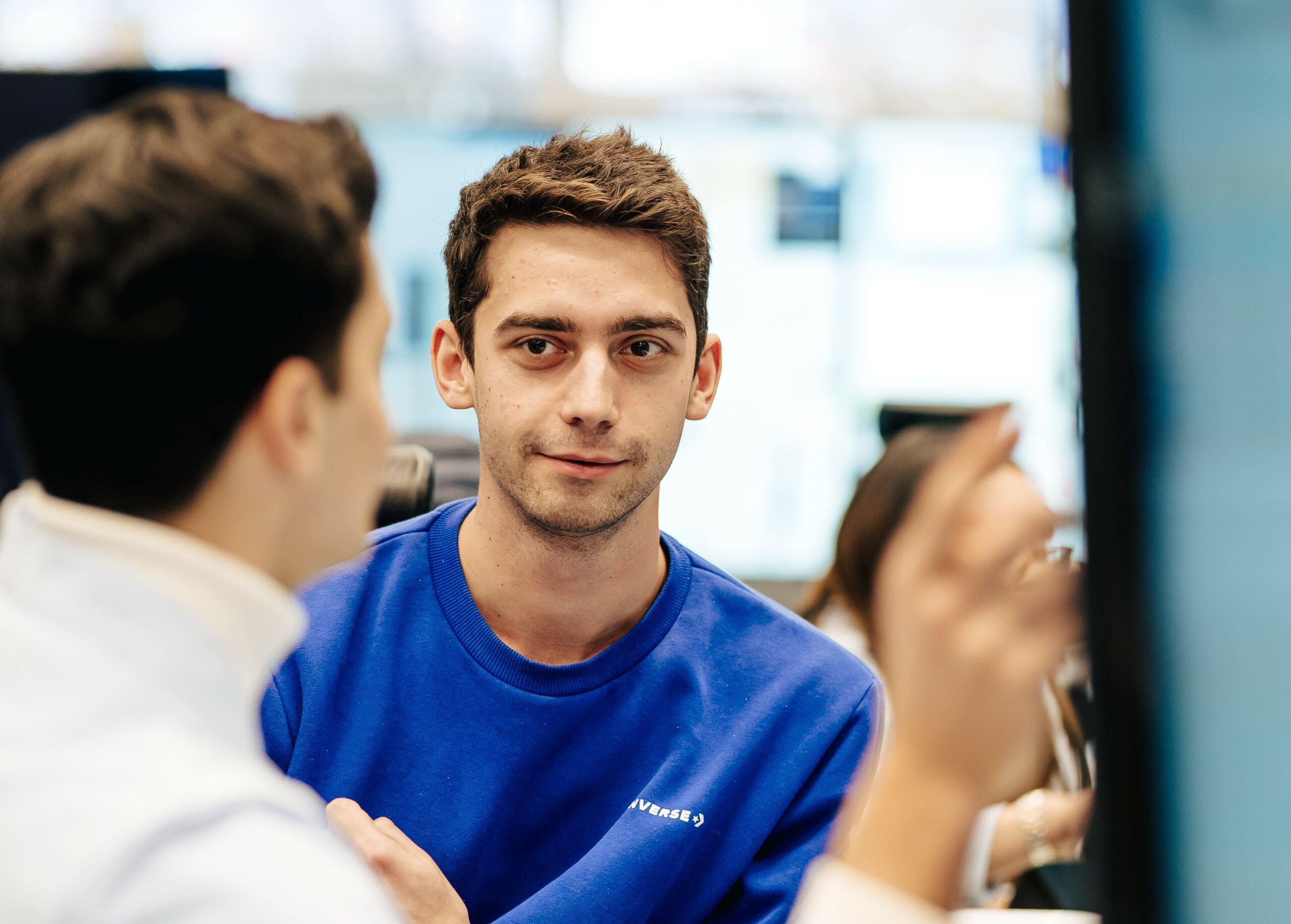
The Global Optiver Academy is a comprehensive four-week program, designed for all new trading and research hires from around Optiver’s global offices. It’s more than just a training ground; it’s a pathway for talented individuals transitioning into a full-time trading role at Optiver, blending theoretical learning, simulated trading and hands-on experiences.
In this interview, we explore the program through the lens of Leon, an intern hired as a full-time trader, now trading in the Delta1 team.
Meet Leon
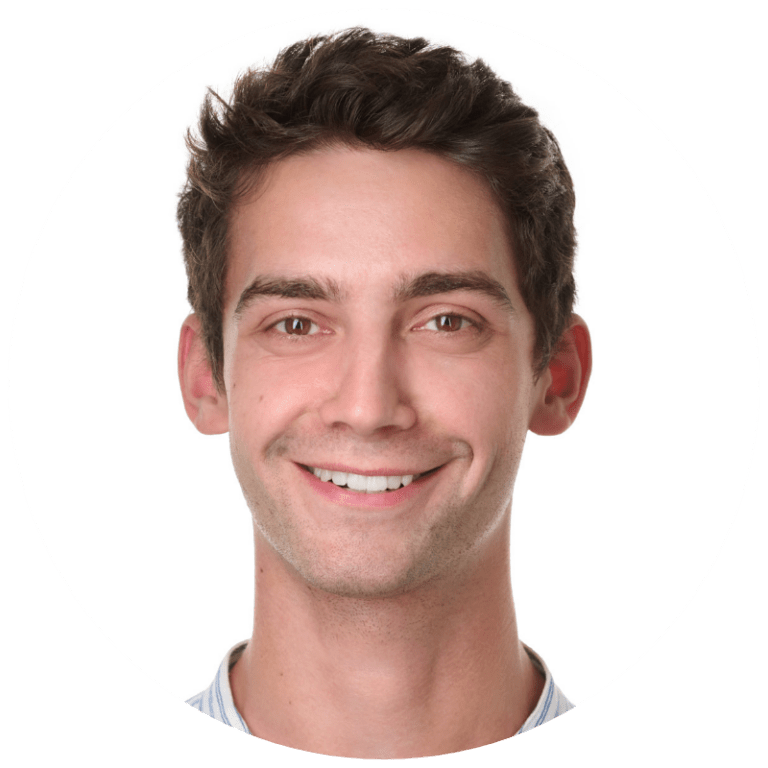
Hometown: London
Hobbies: Basketball, gaming, music
Study background: Mathematics, University of Oxford
Q: Can you tell us more about your background before joining Optiver?
A: I was originally born in Rome but grew up in London, with a Dutch mother, so joining Optiver felt like a full circle in some ways. I studied maths at Oxford for four years, finishing with a Bachelor’s and a Master’s degree. I did take one course in financial derivatives, but I didn’t have any experience in options trading or anything beyond that before joining Optiver.
Q: What led you to apply to be a trader at Optiver?
A: I actually didn’t plan on applying for the finance sector initially. A friend walked into my room after a career fair and mentioned Optiver and market making, neither of which I was familiar with. After some research, I found it really cool and a bit more mathematical than joining an investment bank. It seemed more aligned with my interests, like quantitative analysis and using game theory to optimise strategies. So, I decided to apply for an internship which then led me to a full-time role.
Q: Can you tell us a bit about the structure of the program?
A: So it starts with four weeks where all the new trading hires from around the world are getting to learn the ropes with trading and options theory. Even though I covered a lot of that in the internship, I did my masters in between my internship and joining the global training program, so some of the details were forgotten. But the program covered big picture things like general market structure and the role of a market maker and then went into specific details, including options theory, settlement mechanics and Optiver-specific systems. In a couple of weeks, everyone was already on the same level.
After those first four weeks, people from different locations headed back to their local offices to continue the training. In my case in the Amsterdam office this involved four weeks of simulated trading, followed by a two-week Delta1 project, finishing off with another two weeks of simulated trading. By the end, I sat down with the trainers and we discussed which team I’m the best fit for. For me, that was Delta1.
Q: Can you tell us about the project you worked on during the training?
A: Sure. For my project, we were challenged to find a trading strategy for the Nasdaq auction. The unique dynamics between the closing auction and the continuous trading on the markets meant that we had a lot of angles to explore to build a profitable strategy. We started by exploring the data and thinking about decisions that might lead to good trades. We had to constantly test and refine aspects of our strategy. I even lost money in a backtest initially, but we kept iterating and gradually reached a profitable strategy.
Q: Can you elaborate on the simulated trading aspect of the training? What was it like?
A: The simulated trading lasted a total of six weeks in which you get to trade on a live copy of the real markets using the same setup as everyone on the trading floor. You start off with the basics, like trading one expiry in one index and gradually building up from there. At the start, it’s a lot about understanding your position and figuring out how to retreat on trades. It’s a bit like learning the rules of a complex game.
Then, things get more intricate. You’re given more tools, you’re juggling multiple expiries, thinking about how a price change in January might affect February. You might even begin trading two indices like the S&P 500 and Eurostoxx 50, and that’s when you have to start thinking about correlations.
There was this interesting part of pair trading, where you team up and divide responsibilities, working out who’s going to look at what. It becomes a collaborative effort, making sure that you’re both on the same page.
Transitioning from theory to simulated trading felt like building a new skill, almost like muscle memory. At first it takes time to think things through, but gradually it becomes more reflexive and you can think more about the big picture.
Q: How was the global aspect of the program, especially meeting international colleagues?
A: The global aspect was fascinating. This was the first time they did the program globally, so meeting people from different offices and backgrounds was really refreshing. It helped me understand how different offices and people look at trading differently and implement the theory in various ways. Collaboration was encouraged through pair-ups and breakouts, promoting inter-office communication. We also had some social events to help us get to know each other.
Q: Tell us about your favourite part of the program.
A: For me, it has to be the human interaction and the unexpected learning that happens all the time. Imagine someone next to you shouting about a trade they’re about to make, and it’s exactly the opposite of what you were planning to do. You then engage in a conversation, debate why you’re doing this, and why they’re doing that. It’s all about trial and error, and hopefully, when 16 people come up with their own decisions, the average turns out to be somewhat sensible.
Q: And what was the most challenging aspect?
A: I would say the competition aspect was the biggest challenge for me. In the training environment, there are some trades where only one trainee is allowed to make the trade, so you have to be the fastest to get it. There’s no reward for being second best. It’s all about being prepared and quick on your feet. If you wait to see what happens and then decide what to do, you’ll be too slow.
There’s also always so much to look at, staying on top of half a dozen things happening at once was difficult. You have to stay focused on the most important signals. In this industry, you’re constantly getting overtaken in different aspects of the game, and you need to work out where to focus your efforts to be the most successful. That continuous drive to be quick and innovative is both challenging and exciting.
Q: Were there any unexpected aspects for you, coming from a maths background and not knowing much about market making initially?
A: Yeah it was quite eye-opening. I think about this job now, and it just makes so much sense to me the role market makers play, but a couple of years ago, I didn’t even know it existed. It’s not about being a finance expert but about having a curious mindset and a liking for maths. You have to think outside the box, understand how things work, and then figure out how to make them better.
Q: Can you describe the transition from simulated trading to actually joining the trading desk? What was it like to experience real trading for the first time?
A: The transition, especially if you’re going into options, is quite seamless. You start off trading the same way as in simulated trading but now with real money. You quickly pick up more responsibility in the size of the position you have to manage and the instruments you trade.
The bigger change happens if you join the Delta1 team like I did. It’s quite different from simulated trading. You start by understanding the products the team trades, such as the flow from Options, and gradually build a map in your head of how it all fits in the big picture. There’s a lot to learn, and it feels like you’re thrown into the deep end, but you start to shadow your mentor, learn the systems and see how everything connects.
Q: How does the mentoring and training continue once you join the trading desk? What’s the structure like?
A: Once on the desk, you have a mentor, someone in charge of your learning. You’ll sit next to them so you can constantly ask questions. Learning is a combination of on-the-job training, lectures and mentorship. There’s less structure than in the training period, but every day you learn more about the systems and what all the buttons in front of you do. It reminded me of learning to use GarageBand where initially you’re overwhelmed and can barely play a single note on the piano, but the more you practice the more the songs start to come together.
Q: Do you have any advice for graduates looking to join the trading industry or those unsure about pursuing a career in market making?
A: Trading is a broad industry with a spectrum of roles. It’s hard to know if you’ll like it before you try, especially in the unique subsection of market making and options. If unsure, I suggest trying an internship or one of the programs to get a better idea. The atmosphere on the trading floor is so open that you really get an idea of what all the different teams do and where you might fit in. They also teach you everything from scratch, so you don’t need to worry about prerequisite knowledge.
Are you ready to launch your trading career and join the Optiver Academy? Apply to our graduate positions and you could join our next training program!
